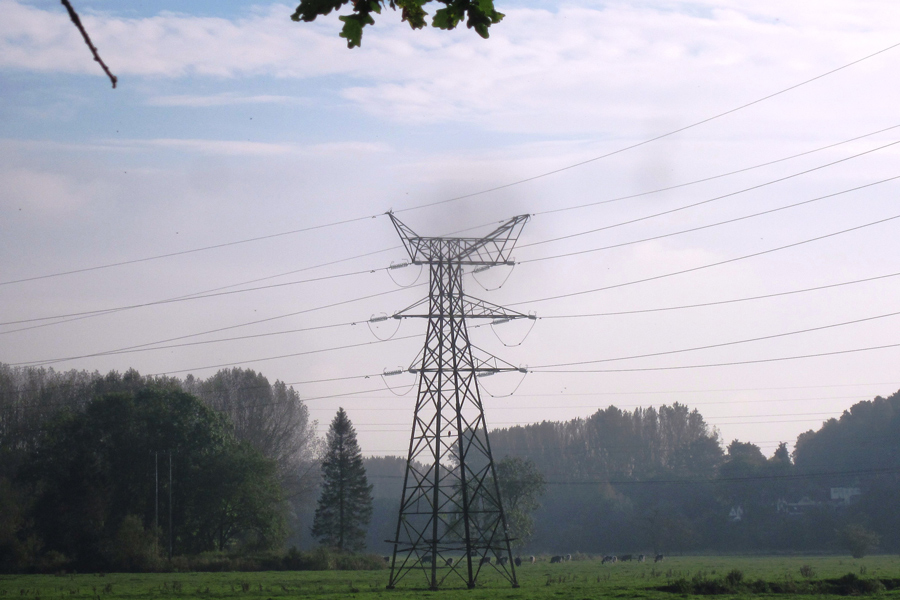
Why coronavirus is good and bad news for the environment
One big impact of the coronavirus is the effect it is having on the environment.
“Some of these are positive, some are good only in the short term and some are very bad news,” said Midlands green energy expert Ron Fox.
He said one of the big benefits was the dramatic improvement in air quality. Satellite images showed great reductions in China and Northern Italy of the harmful pollutant gas nitrogen dioxide NO2 following a sharp reduction in travel.
And the air has started to improve in many UK cities after the nationwide lockdown last Monday.
Data from King’s College, London, has already shown a drop in both NO2 and the damaging particles PM2.5 with notable decreases at roadsides.
And researchers in New York said already carbon monoxide mainly from cars had been reduced by nearly 50 per cent compared to last year.
Air pollution causes an estimated 40,000 early deaths in the UK annually and is linked to health problems such as strokes, heart disease, lung cancer and respiratory diseases.
But experts said it was “too early to say” whether these improvements would have an effect on the respiratory disease coronavirus.
Greenhouse gas emissions have dropped, helped by 67 million fewer passengers flying worldwide in the first three months of 2020 compared to the year before because of the new transport restrictions.
With schools, shops and factories shutting down and lower oil demand carbon emissions are set to drop this year. The last time world carbon emissions fell was during the economic crisis in 2008-2009.
But as more people stay at home so the demand for heating and electricity could soar, driving up energy use.
“However, the coronavirus is also bringing two major problems,” said Ron, of Noreus Ltd on the University of Keele Science and Innovation Park. “Firstly, there is the problem of more waste and also the climate is not the number one crisis on the agenda now.”
China is reportedly drowning under medical waste produced by hospitals, including face masks and single-use tissues. In the city of Wuhan, the volume of medical waste is reported to have quadrupled to more than 200 tons a day.
In the UK coffee chain Starbucks has stopped accepting reusable cups from its customers and is instead serving drinks in disposable single use cups that are not yet recyclable and people are also buying pre-packaged foods.
Finally, the climate issue has been crowded off the agenda with meetings being cancelled and green decisions delayed. An example was last Monday when the European Parliament opted to forego a debate on the EU’s new Climate Law after the session was shortened to minimize people’s contacts with others at meetings.
“But the biggest environmental concern,” said Ron, “is how governments decide to re-stimulate their economies once the pandemic eases. After the global crash in 2008/09 carbon emissions shot up by 5% because of stimulus spending that boosted the use of fossil fuels.”
For more information on green questions call Ron on 01782 756995 or go to www.noreus.co.uk




